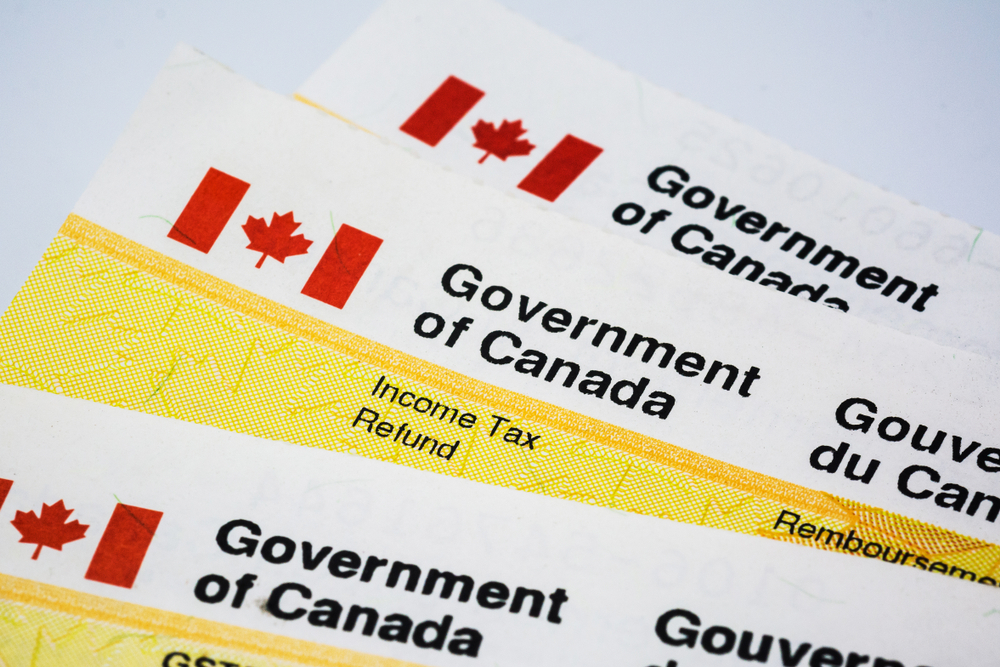
There’s a popular adage that says the only things in life that are certain are death and taxes. Nearly everyone has to deal with taxes in some shape or form. For Canadian couples who are contemplating marriage, money and finances should be part of the conversation. Your money situation as an individual will likely change once married, and you and your partner need to discuss what things look like financially as individuals and newlyweds. Part of that discussion should include taxes and its associated benefits and liabilities.
Tying the Knot or Not
To be clear, your tax filing status doesn’t change just because you’re now a spouse. The amount of tax you pay is based on your income level, not marital status. Also, you don’t necessarily have to be legally married to be considered a spouse from a tax point of view. If you’ve been living with a partner in a conjugal relationship for at least a year, you’re considered married for tax purposes. You can forego the time requirement if both of you are parents to the same child(ren).
Weighing the Benefits
Marriage does afford Canadian couples some benefits when it comes to taxes. You might even consider adding “in tax pros and tax cons” to your wedding vows thanks to these benefits:
- Spousal transfers: Your tax liability may be reduced if your spouse has nonrefundable tax credits that are not needed. Suppose you have a tax liability. If your partner has more credits than what is owed, a spousal transfer makes it possible for the leftover credits to be applied to your tax burden. These transfers only apply to certain nonrefundable credits, such as those associated with age, pension, tuition, disability and caregiving for infirmed children under the age of 18.
- Spousal/common-law partner amount: If you provided financial support to a spouse or common-law partner in a given year, you can claim this credit. The amount you can claim changes each year and is affected by how much your partner earned.
- Homebuyer’s amount: A credit of $5,000 is available if you purchased a house together as a couple during the tax year. If neither you nor your spouse lived in a home that you owned for four years prior to the purchase, this credit can be claimed. It can also be split between the two of you to offer tax advantages to both partners.
- Other credits: Filing taxes together provides the opportunity for a coupled pair to pool their charitable donations and medical expenses for a larger nonrefundable credit.
Depending on your situation as a couple, you might also benefit from the Canada Child Benefit. This nontaxable monthly payment provides assistance for the costs of raising children under the age of 18. This benefit is income-related, so a married couple may or may not receive more for kids than single parents. It’s worth looking into, especially if both of you have children under the age of majority.
Considering the Tax Disadvantages
Several tax benefits are income-related, so going from a single income to joint income through marriage or partnering may cause your household to hit that upper limit when filing together. The principal residence exemption allows Canadians to sell a home without paying taxes. As a couple, you can only claim one residence, not two. Referencing the “tax cons” in a set of wedding vows, you could be partially or totally responsible for any unpaid taxes owed by your partner.
Tax implications for single people vs. married or common-law couples require upfront discussion. Going into a marriage blind or ignorant of money concerns can lead to difficulties. It’s important to have the conversations about finances before you both say, “I do.”


